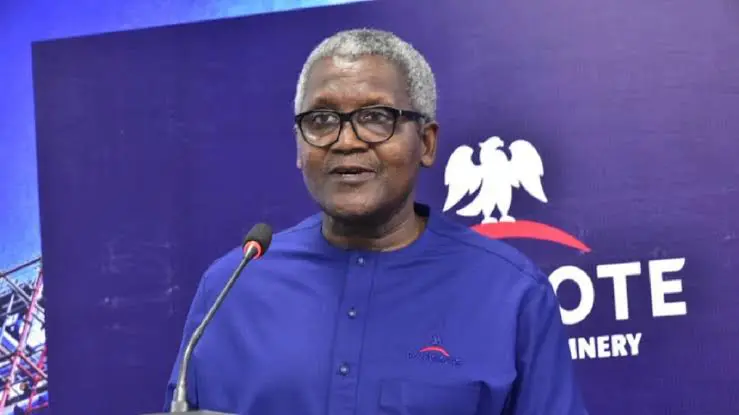The Federal Government, via the Debt Management Office is set to raise N150 billion from the bond market in September 2024.
This issuance is part of a broader borrowing strategy aimed at bridging the budget deficit.
The auction, scheduled for September 23, 2024, is offering one of the smallest in 2024, representing a 21% decrease compared to the amount offered in August 2024.
The bond issuance will consist of re-openings of previously issued instruments, including a N70 billion tranche of the 19.30% FGN APR 2029 (5-year bond), a N50 billion tranche of the 18.50% FGN FEB 2031 (7-year bond), and a N30 billion tranche of the 19.89% FGN MAY 2033 (9-year bond).
While the total offering of N150 billion is smaller than earlier offers this year, it reflects the government’s measured borrowing strategy amid ongoing fiscal considerations.
The bonds will be sold in units of N1,000 each, with a minimum subscription of N50,001,000 and in multiples of N1,000 thereafter.
This relatively high threshold is designed to attract institutional investors such as pension funds, insurance companies, and other large-scale financial institutions, though high-net-worth individuals are also able to participate.
The bonds carry competitive interest rates with coupon payments of 19.30%, 18.50%, and 19.89% for the 5-year, 7-year, and 9-year bonds respectively, making them attractive for yield-seeking investors.
With maturity periods of 5, 7, and 9 years, the upcoming bonds offer investors a range of options for medium to long-term investment horizons.
The settlement date for the Federal Government of Nigeria’s bond auction is scheduled for September 25, 2024.
On this date, successful bidders will make payments for their allocated bonds and receive their certificates.
These bonds will offer semi-annual interest payments, with bullet repayments at maturity, and are fully backed by the Federal Government of Nigeria’s credit. This backing, along with security on the country’s general assets, enhances their appeal to a diverse range of investors.
Listed on both the Nigerian Exchange Limited and FMDQ OTC Securities Exchange, the bonds provide liquidity through potential secondary market trading.









